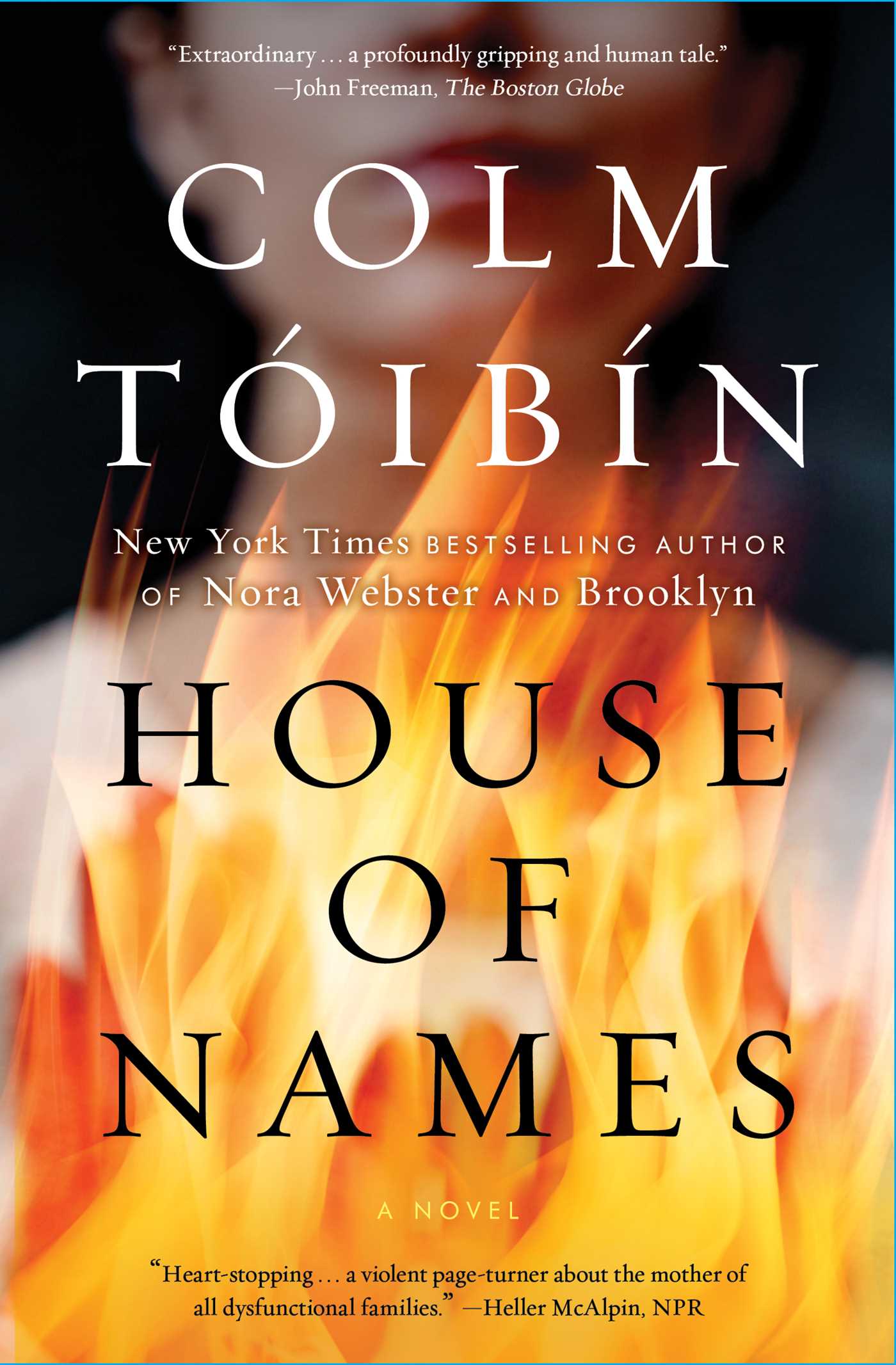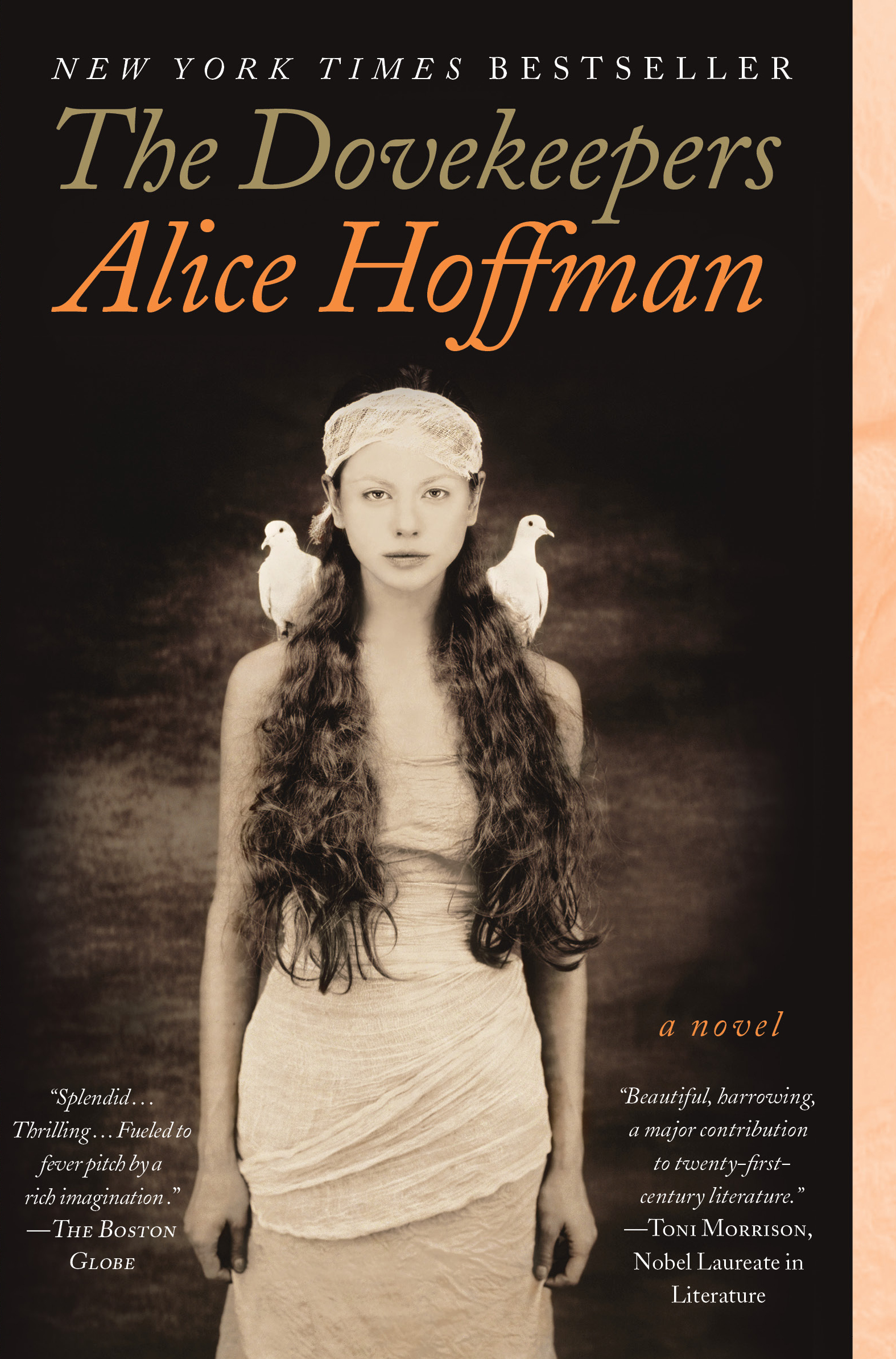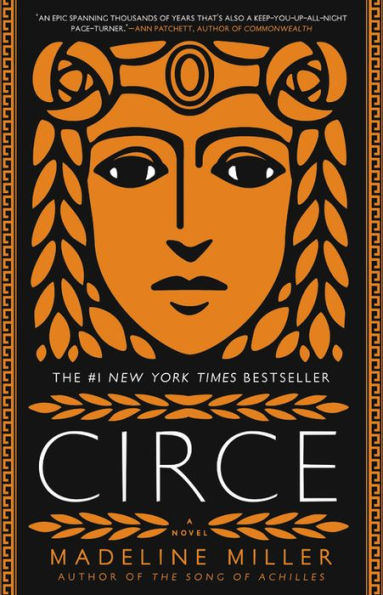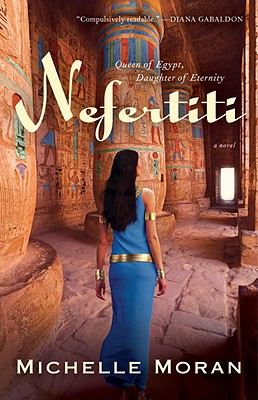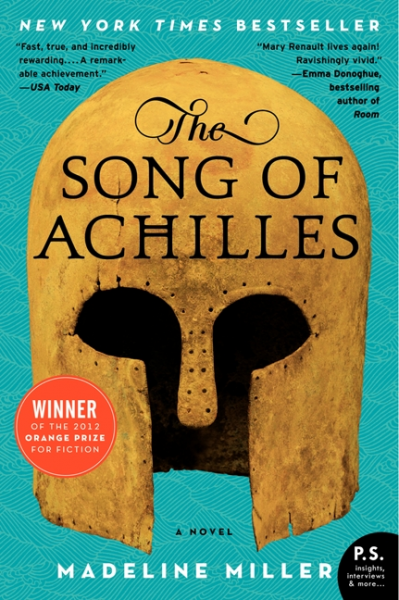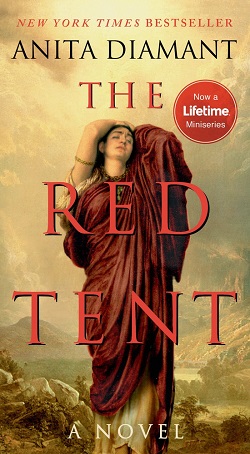There has always been a huge part of me that wished to become an archaeologist, specifically with an focus on ancient civilizations. Ancient societies hold enough intrigue on their own, but when combined with a strong historical fiction narrative, the worlds reveals themselves. These seven great novels scratch that archaeological itch and bring the ancient worlds to life.

7 Historical Novels That Bring Ancient Worlds to Life
HOUSE OF NAMES is a mind-blowing and phenomenal take on the stories of the house of Atreus, starting with Agamemnon sacrificing his daughter on the day of her wedding to ensure glory and victory on the battlefield. Despite his success, Agamemnon returns home three years later to a family forced on the path of violence. His wife wants him dead, and his children, Electra and Orestes, are determined to right their father’s wrongs, even if it means destroying themselves. Tóibín is a master at historical fiction, and HOUSE OF NAMES is no exception. This is a riveting novel filled with beauty and betrayal
MENTIONED IN:
Intrigue, politics, and the madness of Rome are packaged into a delicious and devious tale. FEAST OF SORROW takes place in the twenty-sixth year of Augustus Caesar’s reign, when the infamously wealthy gourmet Marcus Gavius Apicius purchases Thrasius, a young slave chef. Marcus is obsessed with his own ambitious desire to serve as Caesar’s culinary advisor, and he believes Thrasius will get him there. Marcus uses Thrasius’s abilities and holds lavish parties in hopes of catching the right attention, while Thrasius finds a home in the Apicius household. But as Marcus’s obsession grows, he threatens to bring the most powerful forces in Rome down on his family. King is a master at details and descriptions, and everything in this book comes alive. Even if you aren’t a fan of Rome or food, this book is sure to enrapture the senses.
Longlisted for the Center for Fiction First Novel Prize
A Massachusetts Book Award “Must Read”
Set amongst the scandal, wealth, and upstairs-downstairs politics of a Roman family, this “addictively readable first novel” (Kirkus Reviews) features the man who inspired the world’s oldest cookbook and the ambition that led to his destruction.
In the twenty-sixth year of Augustus Caesar’s reign, Marcus Gavius Apicius has a singular ambition: to serve as culinary adviser to Caesar. To cement his legacy as Rome’s leading epicure, the wealthy Apicius acquires a young chef, Thrasius, for the exorbitant price of twenty thousand denarii.
Apicius believes that the talented Thrasius is the key to his culinary success, and with the slave’s help he soon becomes known for his lavish parties and sumptuous meals. For his part, Thrasius finds a family among Apicius’s household, which includes his daughter, Apicata; his wife, Aelia; and her handmaiden Passia, with whom Thrasius falls passionately in love. But as Apicius draws closer to his ultimate goal, his dangerous single-mindedness threatens his young family and places his entire household at the mercy of the most powerful forces in Rome. “A gastronomical delight” (Associated Press), Feast of Sorrow is a vibrant novel, replete with love and betrayal, politics and intrigue, and sumptuous feasts that bring ancient Rome to life.
I always find Alice Hoffman’s writing to be enchanting. I also love Alice Hoffman because of her empowering female stories. THE DOVEKEEPERS follows four incredible women who all end up in Masada. Based on the tragic events in ancient Jerusalem around 70 ce when nine hundred Jewish rebels held off the Roman armies for months, the stories of Yael, Revka, Aziza, and Shirah are spellbinding. Hoffman skillfully educates the reader and uses history to bring her novels to life.
Nearly two thousand years ago, nine hundred Jews held out for months against Roman armies on Masada, a mountain in the Judean desert. The source for the recent CBS miniseries, The Dovekeepers is a beautifully written and captivating tale of four women whose lives intersect in the desperate days of the siege.
MENTIONED IN:
This book was truly one of those novels that stayed with me long after I finished the last page. I grew up devouring Greek myths, and as an adult, I realized many of the female “villains” are really much more complex figures of female strength. CIRCEis no exception; this is her story, and it is incredible. Circe lacks the power of her father, the god Helios, and the viciousness of her mother, the nymph Perse, so instead, she finds solace amongst the mortals. There she learns that she has the power of witchcraft, and the ability to turn men and gods into beasts and monsters. Threatened by this ability, Zeus banishes Circe to an island where she meets many famous figures of mythology. But as a woman against the world, Circe must face the wrath of men and gods if she wishes to protect what she loves. Filled with magic, betrayal, heartache, and a strong female heroine, Circe is not to be misse
MENTIONED IN:
In my opinion, you cannot have a book list about ancient civilizations without including ancient Egypt and NEFERTITI by Michelle Moran. At its heart, this story is a court drama akin to THE OTHER BOLEYN GIRL, but set in ancient Egypt. As Nefertiti takes the throne beside a generous, but heretical, pharaoh, she focuses on producing an heir. Mutnodjmet, Nefertiti’s sister, does not aspire for the same power as the queen and wants nothing more than to escape her life of family and duty and marry the general she fell in love with. However, fearing for her reign, Nefertiti orders her sister to remain at court and marry to solidify a political alliance. Nefertiti does not notice the priests and military men plotting against her husband, but her sister does. And Mutnodjmet may be the only one wise and brave enough to confront the queen. Thus unfolds a story of love, betrayal, plague, and religious conflict that brings this ancient society back to life in vivid detail.
Nefertiti and her younger sister, Mutnodjmet, have been raised in a powerful family that has provided wives to the rulers of Egypt for centuries. Ambitious, charismatic, and beautiful, Nefertiti is destined to marry Amunhotep, an unstable young pharaoh. It is hoped that her strong personality will temper the young ruler’s heretical desire to forsake Egypt’s ancient gods. From the moment of her arrival in Thebes, Nefertiti is beloved by the people but fails to see that powerful priests are plotting against her husband’s rule. The only person brave enough to warn the queen is her younger sister, yet remaining loyal to Nefertiti will force Mutnodjmet into a dangerous political game; one that could cost her everything she holds dear.
Madeline Miller knows her Greek mythology and portrays it beautifully. Not only does she capture the world of ancient Greece in Circe, but she also does it just as well in THE SONG OF ACHILLES. Here, Miller beautifully explores the Trojan war from a wondrous new perspective. By all accounts, Patroclus and Achilles never should have met, let alone become friends. Torn between love and fear, Patroclus follows his friend off to war. Staying true to the Iliad, Miller dives deep into the love between Achilles and Patroclus that eventually led to their destruction. Honestly, this book is really just a breathtaking retelling that captures the Trojan War masterfully.
“I’ve always thought that a good book should be either the entry point inward, to learn about yourself, or a door outward, to open you up to new worlds. With THE SONG OF ACHILLES, Madeline Miller gave me both.”
MENTIONED IN:
THE RED TENT follows the story of Jacob and Dinah from the Book of Genesis. Diamant brings their story to life through drama and intrigue. Dinah’s appearance in the Bible is brief, but in THE RED TENT, her story is fleshed out as she goes from a hard-working daughter to a midwife. At its core, this title is a dysfunctional family drama that explores the reality of what it meant to be a woman in ancient society.
MENTIONED IN:
Photo Credit: RoterPanther/iStock

